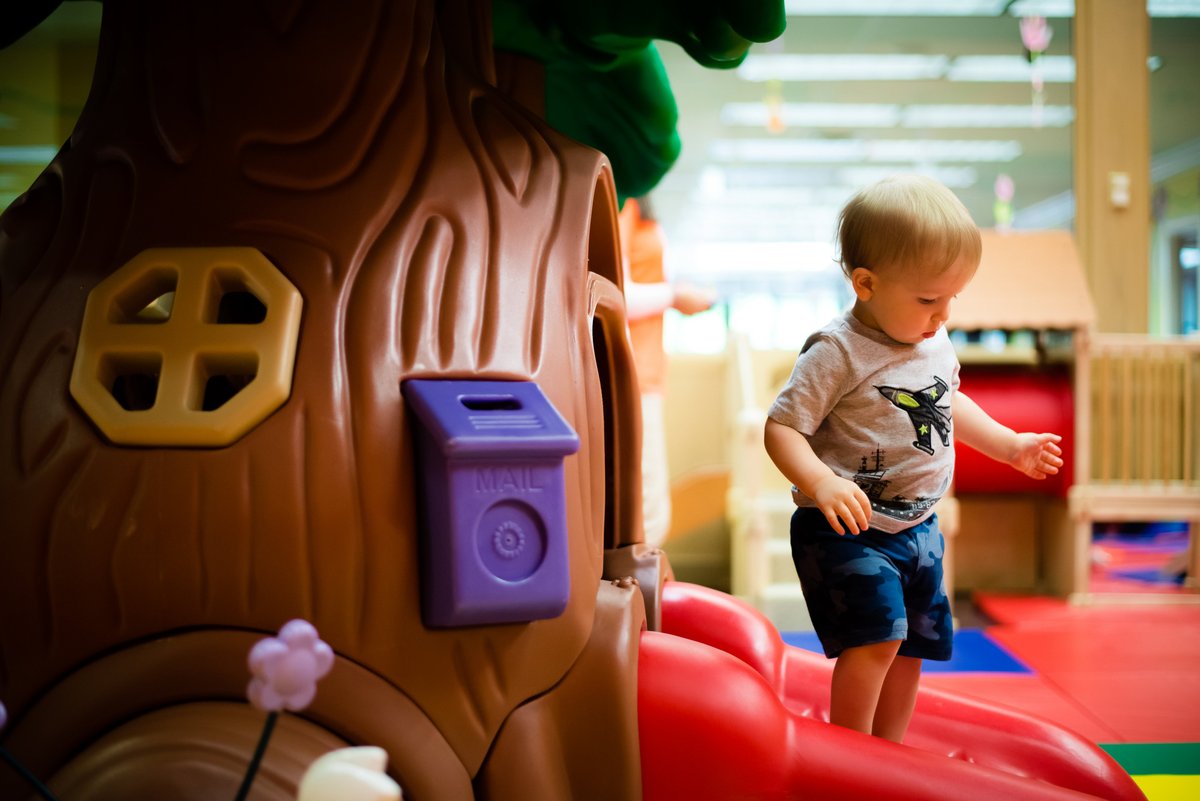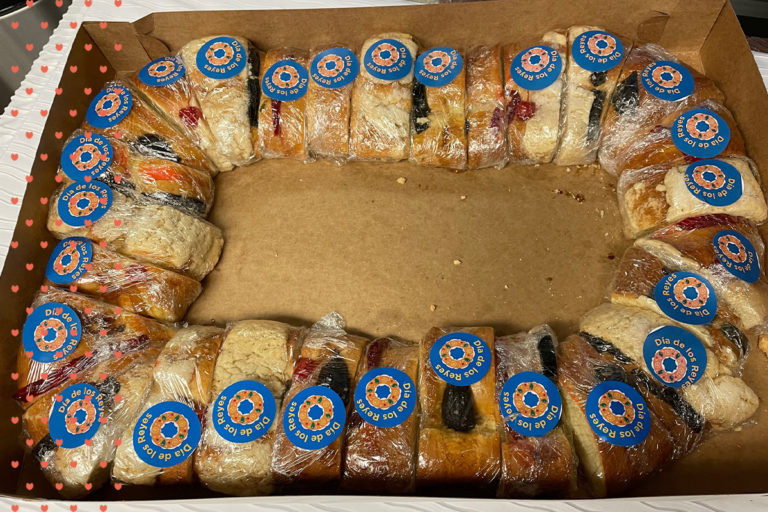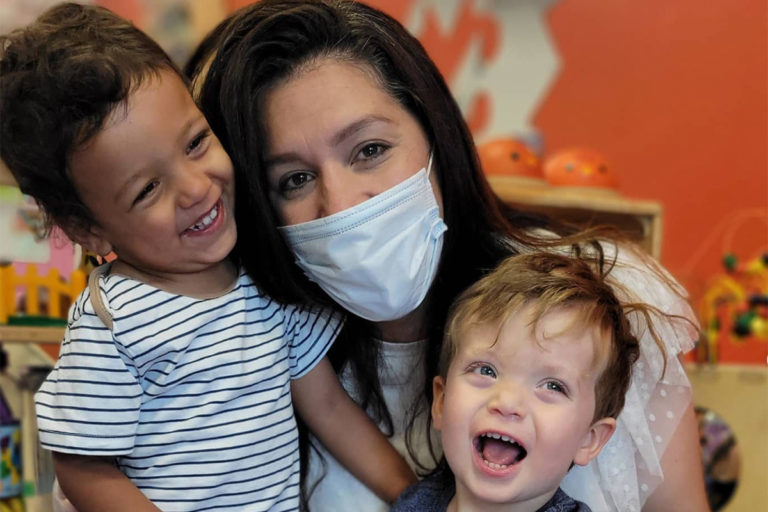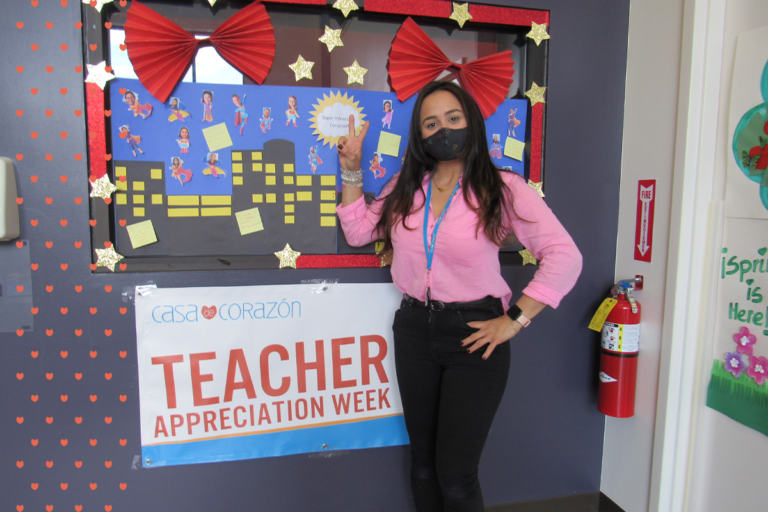What Is the Best Age to Start Daycare?

Many parents struggle with determining the appropriate age for their child to start their educational journey. Determining whether a child is ready for school or not is a big decision, especially between the ages of three and five.
Luckily, some crucial indicators can help you decide if your child is ready for the transition. This post delves into basic yet essential questions you should ask yourself to help you decide. In the end, if you still feel your child isn’t ready, you shouldn’t rush the decision. Remember that all children develop at different paces, and there’s no need to rush them.
How early do daycares accept infants?
Infants can attend daycare from as young as six weeks old. Most licensed daycares across the US including in Minnesota and Wisconsin will accept children from this age.
There is no legal obligation to send your child to daycare as soon as they hit this mark, and it is not uncommon for parents to wait until their child is older to send them to daycare.
Is my child ready for daycare?
The ideal age for an infant to begin daycare is around the 12 months mark. It is thought that daycare is most beneficial for a child at this age, as evidence suggests this is when cognition can be improved in such a setting.
However, every child is different. Some questions to ask yourself about your child’s readiness for daycare include:
Does your child follow instructions?
While preschool doesn’t usually have strict rules for kids, your child should be able to follow simple instructions by the time you enroll them in preschool. Teachers will expect them to follow snack time guidelines, clean up, walk-in line with their peers, and other small tasks.
If you feel your child has yet to learn how to follow instructions, you may want to start giving them easy tasks to do independently. For example, you can ask them to help with setting the dinner table or bringing in the mail. This routine will allow them to work on completing routine tasks, helping them in school.
Can your child handle transitions?
Schools have an established schedule they operate on, for example, moving from snack time to playtime. Schools expect that children can transition from one activity to another smoothly. If your child isn’t good at transitioning quickly, you might need to work on these skills before enrolling them in school. Learning to leave one activity and get engaged in another is a skill every child needs to learn before joining kindergarten.
Can your child separate from you?
If your child is used to spending the day at home with you, they can develop separation anxiety when they start going to school. If your child gets upset when you leave them, you might need to spend some time training them to overcome their separation anxiety. The best way to achieve this is to leave the child in the care of a trusted friend or family member for short periods.
Use that time to run to the grocery store or take a quick walk within the neighborhood. The goal is to teach your child to separate from you and trust you’ll come back. This way, dropping them off at school won’t be filled with panic. Initially, they may be apprehensive about you leaving them behind, but their worry should subside with time.
How well do they interact with other kids?
Consider how well your school-age child interacts with other children. If they have been around other children frequently, for example, in the neighborhood or church, you know how they might respond in school.
Learning social skills is crucial for preschoolers. However, if your child hasn’t interacted much with other children, preschool provides an opportunity to do so. Arrange for
playdates or sign your child up for social activities for children.
What should I look for in a daycare?
Quality of care
When considering daycare for your infant or toddler it is important to understand what qualities to look for in a daycare and do your research beforehand.
Important things to consider include:
- Staff qualifications
Researching local daycares is also important if you are looking for a specialist provider, such as one with a bilingual Spanish curriculum like Casa de Corazón.
Many daycares also offer trial periods so you can get a sense as to whether the environment is a good fit for your child’s needs.
Location
It’s important to find a daycare that is conveniently located for you and your family, within easy access of your home or place of work. This can minimize stress around drop-off and pick-up times, as well as eliminate the need to wake your child earlier than necessary to make it to daycare on time, disrupting their sleep schedule.
Casa de Corazón has five locations within the Twin Cities area, all within easy access of major routes through St Paul and Minneapolis. Additionally, Casa has three other locations in Rochester, Madison and Milwaukee.
Schedules and flexibility
It’s crucial that your child’s daycare schedule works for all of you – parents included. If you’re a working parent, your child’s daily routine should closely match your own.
Daycare centers are typically a better option than in-home daycares for this, as they operate on a strict schedule. There’s nothing worse than trying to settle in for a day’s work, only to find out that your childcare has fallen through, and you have to make alternate arrangements.
Casa de Corazón’s infant, toddler, preschool and pre-K programs all follow a full-day schedule that runs from 7-7.30am through to 5.30pm.
Cost considerations
Proper financial management is also significant. Daycare prices across the US can vary wildly depending on the state, county, and city, as well as if it is infant or toddler daycare.
Higher quality and specialist daycares will naturally also be more expensive than some of their lower-priced counterparts. In the United States, newborn daycare averages between $150-$350 a month while in Minnesota the average cost of daycare is marginally higher at $388 a month.
Overall, it is important to balance your child’s need for high-quality daycare with fees that you can afford.
Certain daycares such as Casa de Corazón also offer part-time services. Not only does this make the experience more affordable, but it can also be an excellent option for parents and carers with certain working arrangements.
Starting daycare at Casa de Corazón
When considering the right time for your child to start daycare, it’s crucial to understand that there isn’t a universally perfect age for every child. While certain ages like before six-weeks or between three-four years might be too early or too late for some, the decision ultimately rests with you as a parent or guardian. Watch for cues and trust your intuition to determine when your child is ready to begin daycare.
At Casa de Corazón, we offer Spanish language immersion programs for infants, toddlers, preschoolers, and pre-K children. Our innovative Casa App provides you with regular updates and photos of your child, ensuring peace of mind that they are receiving the high-quality care and education they deserve.
Get in touch to give your child the gift of bilingual education in Minnesota and Wisconsin today!
Our locations
Edina, MN – 50th & France
Edina, MN – Centennial Lakes
Maple Grove, MN
Minneapolis, MN – Kingfield
Madison, WI
Rochester, MN
Shorewood, WI
St. Paul, MN – Highland Park



